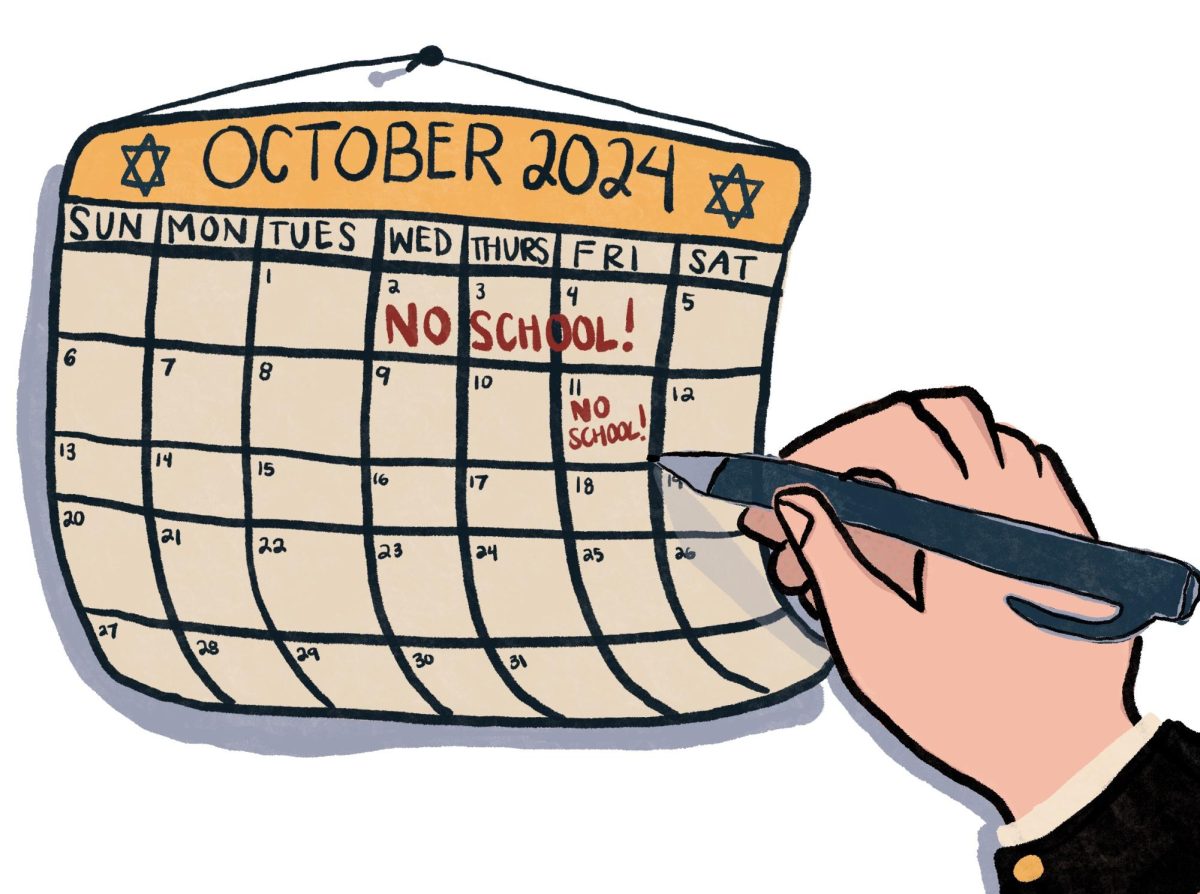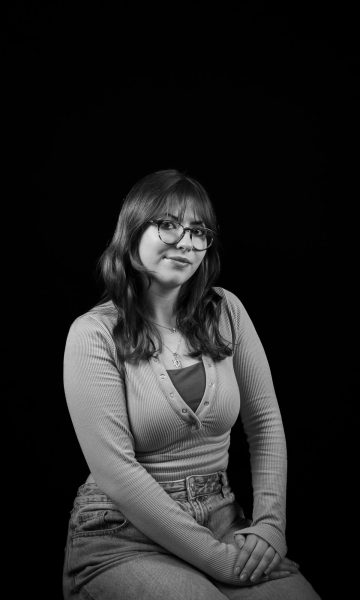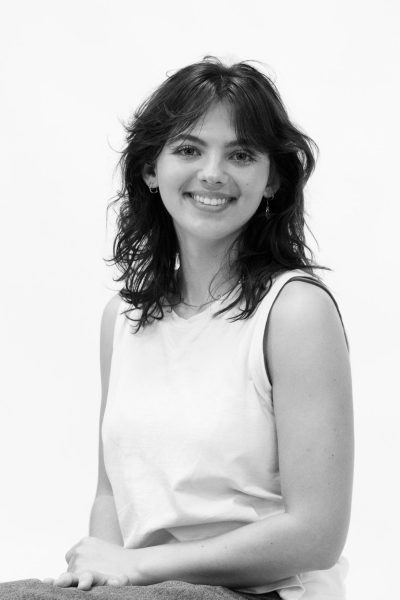Content warning: mentions of antisemitism, hate crimes, mass shootings
As a white Jewish woman living in New England, I have been lucky not to have experienced antisemitism like the kind my grandparents faced in 1940s Poland.
Most non-Jews, or Gentiles, I’ve come across don’t know too much about Judaism, but are generally accepting. They tend to be, at best, fans of Seinfeld, and at worst, not quite sure if we killed Jesus or not.
But that doesn’t mean antisemitism isn’t still real and dangerous. And no—when I say antisemitism, I’m not talking about anti-Zionism.
While the two are often conflated, the opposition to the state of Israel is not inherently anti-Jewish, as detailed in the Mar. 2019 piece from The Guardian, titled “Debunking the myth that anti-Zionism is antisemitic.“
Many of us were reminded of the tragic effects of antisemitism this summer, when it was announced that the Tree of Life Synagogue shooter was to face the death penalty, according to an Aug. 2 U.S. Department of Justice press release.
As someone who grew up in Squirrel Hill, a predominantly Jewish neighborhood in Pittsburgh, and had attended Hebrew school at the Tree of Life Synagogue until my family moved when I was nine, the news felt especially close to home.
Still, sometimes it feels like even the most progressive, well-meaning Gentiles aren’t really concerned about rising antisemitism, as reported in an Apr. 17 PBS news article.
Even UVM’s administration doesn’t seem too bothered about complaints of antisemitism; in fact, administration officials seem much more eager to sweep the resolved federal investigation under the rug despite criticism, according to a May 17 VTDigger article.
If the administration really wanted to dispel rumors of antisemitism, one key way to make UVM a more Jew-friendly campus would be by giving days off for the Jewish High Holidays.
The High Holidays refers to the most holy part of the year in Jewish calendars, including Rosh Hashanah, the Jewish new year, and Yom Kippur, the day of atonement, as well as many spiritually significant days in between, according to My Jewish Learning.
The High Holidays usually signal a period of shared community observance. During Rosh Hashanah, families and friends gather to celebrate a sweet new year by eating apples and challah dipped in honey.
Communities gather by rivers and streams to observe Tashlich, where we throw breadcrumbs and/or pebbles into the water to signify the casting off of the wrongdoings and sins of the past year.
On Yom Kippur, often regarded as the most holy day in the Jewish calendar, Jews all around the world fast from sunset to sunset, with a big break fast meal marking the final culmination of the High Holidays.
But for many Jewish college students, the High Holidays mark a period of stress and uncertainty. To observe or not to observe: that is the question on the lips of UVM’s Jewish student body.
Of course, the University supports students in their right to observe religious holidays, as demonstrated by the Office of the Registrar’s page for Religious Holidays. You know, just so long as the student gives their professor at least a week’s notice.
With the way the current system works, the onus is on the students to reach out to their professors and on the professor’s good will to be understanding and grant exemptions.
This puts an inordinate amount of pressure and stress on students observing religious holidays, according to a Sept. 2021 article in the Yale Daily News.
Professors are given a lot of leeway in their syllabi, and when it comes to classes where make-ups and late work aren’t allowed, religious exemptions are often no exception.
For myself, half of my classes require that I report any absences related to religious observance for the semester by the end of the second week. As in, if you’re reading this now, it’s too late.
Last year, I completely forewent my right to religious observance, because I had a full day of classes as well as a lab the day of Yom Kippur, and was too overwhelmed by what the consequences of all the late work and missing a lab might mean.
I came from a non-religious highschool where we always had the High Holidays off, and I wasn’t sure what to expect when I came to UVM.
As a bright-eyed little first-year, it seemed easier to just go to class and lab, whilst abstaining from food and drink all day, than to possibly make any waves.
While UVM’s current policy is a good catch-all for more obscure religious holidays, for the 2,500 undergraduate Jewish students at UVM, as estimated by Hillel International, it’s not enough.
Even though more than one out of five UVM students are Jewish, we’re still expected to jump through hoops just to be seen and respected.
The beginning of the year is already hectic enough: having the High Holidays off would benefit everyone, not just Jewish students.
















